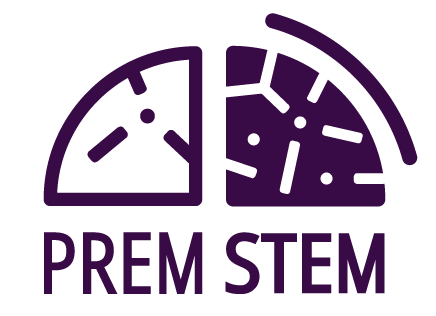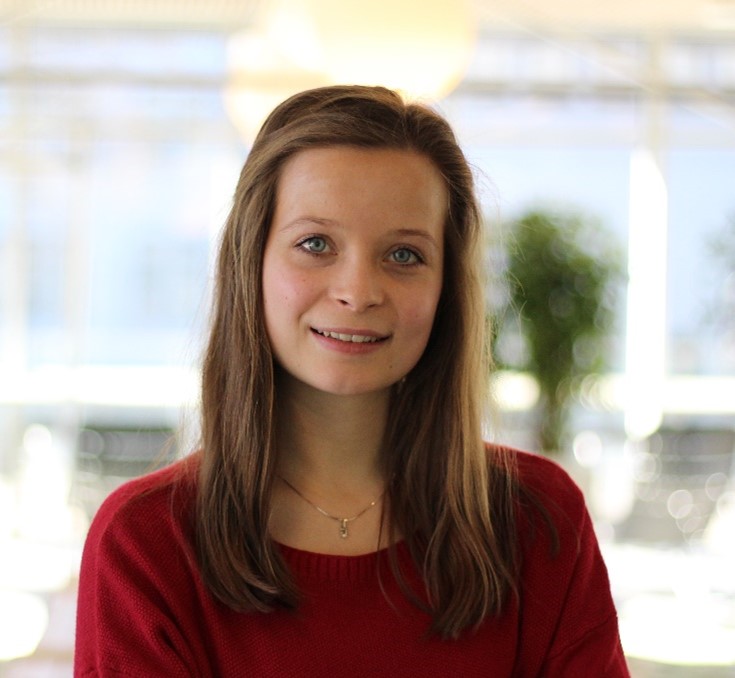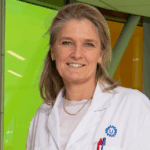What is your area of research specialism and what attracted you to it?
We are interested in unravelling the distribution and behaviour of stem cells as a potential therapy for brain damage in children born too early.
What has been your proudest research accomplishment so far?
During my bachelor’s and master’s internship I touched upon the topic of diseases of preterm birth. My master’s internship focussed on unravelling the distribution of stem cells. During this period, I started collaborating with the Department of Paediatrics and MERLN Institute.
Now, I am in the second year of my PhD in which I continue working on this super interesting topic. I am proud of the first results we obtained in collaboration with the group of Nijmegen. We have collected almost all the data and plan to publish this as soon as possible. The collaborations are super motivating because we share knowledge and expertise and work together on innovative projects.
What is the most important question you want to address in your research?
The most important question we want to address is to unravel the distribution of administered stem cells in preclinical models of preterm birth. By using specific cell tracking techniques, we can obtain information about the number of stem cells that migrate to specific organs in the body. Additionally, we are able to locate the stem cells in each organ. This will help us to better understand stem cell behaviour after administration.
What is your lab’s role on the PREMSTEM project?
Our role in the PREMSTEM project is to trace stem cells and unravel their behaviour after administration in preclinical models of preterm birth.
What is innovative about PREMSTEM? Why is this research important?
Worldwide one in ten babies is born early, which is often the cause of lifelong health problems. At this moment, there is no therapeutic strategy for brain damage in preterm-born children. Within PREMSTEM, researchers from different countries work on the project from various points of view to develop a stem cell-based therapy for brain regeneration in children born too early.
What is the most significant outcome you hope PREMSTEM can achieve?
Diseases of prematurity are associated with the development of adverse long-term consequences. This has a large impact on patients, a family’s emotional and financial status, and the healthcare system. I hope that PREMSTEM can offer a new therapeutic strategy for babies born too early who are suffering from brain injury to give these babies the best possible start in their lives.






